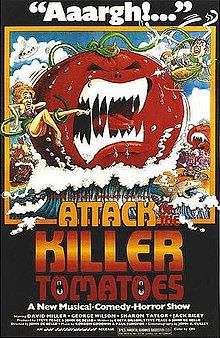No Need For Compulsory GMO Food Labeling, Says New York Times

The editors of the New York Times have produced a remarkably sensible editorial that agrees with what we here at Reason have been arguing for years. The editorial asks, "Why Label Genetically Engineered Foods?"and concludes that there is no good reason to do so:
Whole Foods Market caused a stir last week when it announced that it would require all products sold in its stores in the United States and Canada to carry labels indicating whether they contain genetically modified ingredients by 2018. Food advocacy groups hailed its action as a possible "game changer" that would push the entire food industry to adopt similar labels.
Any private company has the right to require its suppliers to meet labeling standards it chooses to set, and consumers have a right to know what's in the food they are buying. But there is no reliable evidence that genetically modified foods now on the market pose any risk to consumers.
The Food and Drug Administration says it has no basis for concluding that foods developed by bioengineering techniques present different or greater safety concerns than foods developed by traditional plant breeding. Nevertheless, bills are pending in several states to require mandatory labeling of genetically modified ingredients (a referendum to compel such labeling was narrowly defeated in California last November). For now, there seems little reason to make labeling compulsory.
Consumers can already find products free of genetically engineered ingredients, with labels voluntarily placed by the manufacturers.
For those who want to avoid such ingredients, the surest way is to buy products certified as "organic" under federal standards. They contain no genetically engineered ingredients, or at most inadvertent trace amounts.
Exactly right.
See also, my article, "The Top Five Lies About Biotech Crops."


Show Comments (39)